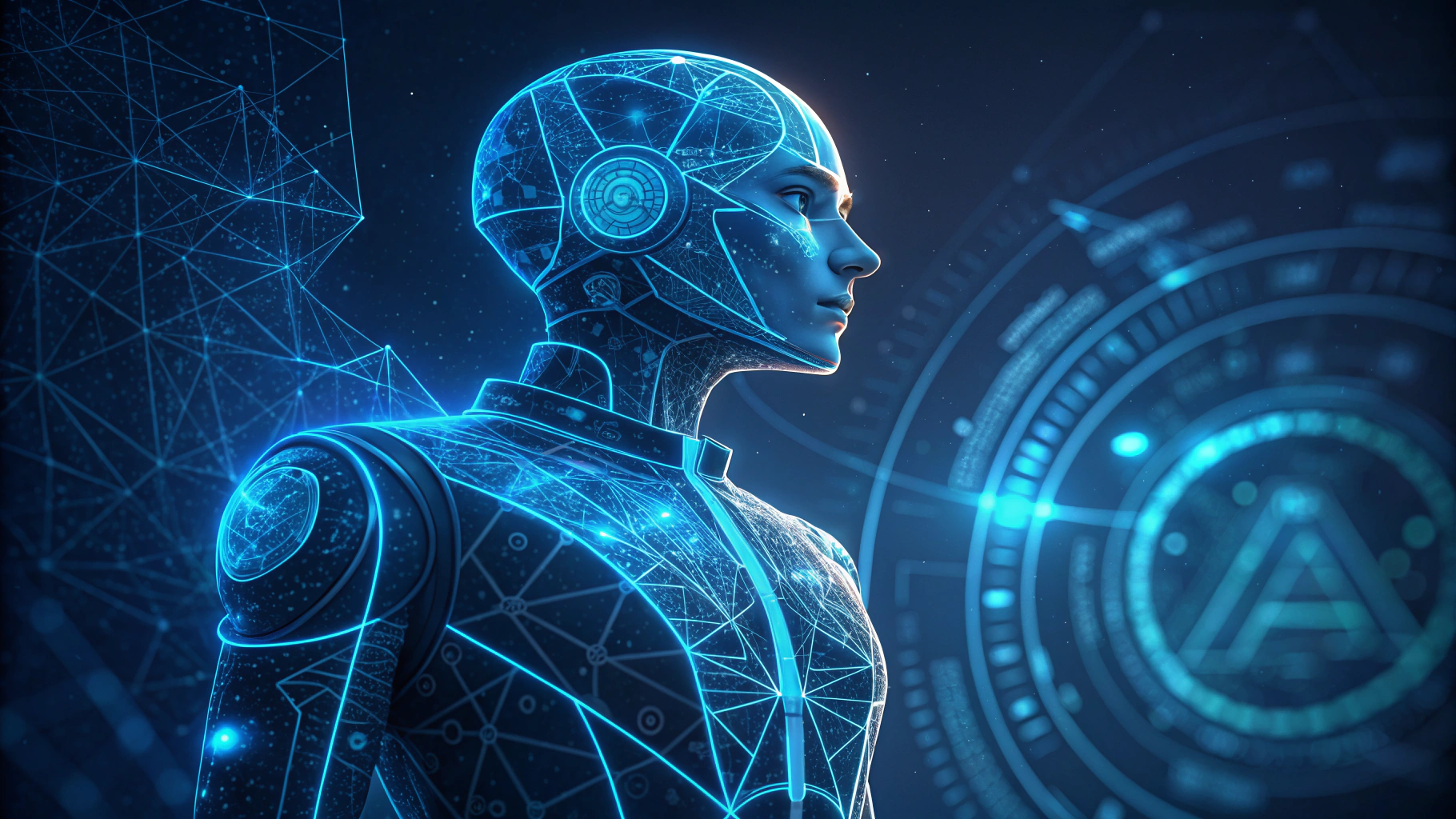AI Agents: Revolutionizing the Future of Intelligent Automation

AI Agents: Revolutionizing the Future of Intelligent Automation
In today’s rapidly evolving digital world, intelligent agents are at the forefront of innovation, driving automation and enhancing decision-making across various industries. This blog post explores the transformative impact of AI agents, demonstrating how they serve as the backbone of modern intelligent systems.
Understanding AI Agents
AI agents are autonomous systems that utilize machine learning and data analytics to perform tasks independently. They are pivotal in processing vast amounts of data and making informed decisions, thereby optimizing processes in fields like customer support, healthcare, finance, and marketing.

Key Applications of AI Agents
- Customer Support: Delivering real-time assistance and personalized experiences.
- Healthcare: Enhancing diagnostics and patient data management.
- Finance: Automating trading, risk management, and fraud detection.
- Marketing: Analyzing consumer behavior to tailor effective strategies.

Benefits and Challenges
Utilizing AI agents brings significant benefits including increased efficiency, heightened accuracy, scalability, and cost-effectiveness. However, challenges such as data privacy, potential biases in decision-making algorithms, and ethical concerns need careful management.
The Future of AI Agents
Advancements in natural language processing, predictive analytics, and human-agent collaboration promise to propel AI agents into even more critical roles across industries. Their evolution will continue to enhance personalized services and drive efficient, innovative solutions.

Sources and References
For further insights and verification of data and trends discussed, consult these key sources:
- Search Engine Journal: 4 Must-Use Data Sources to Establish the Right Content
- Rank Math: How to Use Rank Math's Content AI for SEO
- AgencyAnalytics: How To Determine Keyword Search Intent
- Backlinko: Google's 200 Ranking Factors: The Complete List (2025)
Conclusion
The integration of intelligent agents is reshaping industries and streamlining operations across the board. As these systems evolve, their ability to autonomously perform complex tasks will cement their role as crucial drivers of innovation and efficiency in the digital future.



